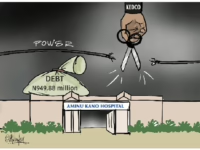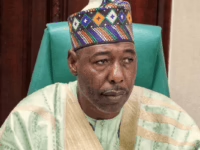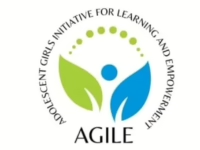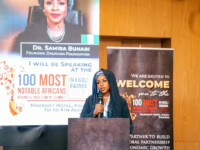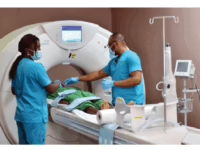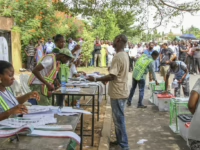In response to the ongoing economic challenges facing the nation, many young people, including university students in Akwa Ibom State, have turned to selling their blood as a means of generating income.
Additionally, a growing number of youths are providing sperm and egg donations at various In-Vitro Fertilisation (IVF) clinics across the state, catering to infertile couples and single women eager to have children.
According to investigations by LEADERSHIP, these activities have seen a significant rise in both public and private healthcare facilities.
A senior medical consultant, who preferred to remain anonymous, revealed that the exchange of blood, sperm, and eggs for money has become widespread among young people, particularly those attending universities.
He explained, “The harsh economic realities have pushed many youths into this practice. Numerous students struggle to afford tuition fees, especially those who have lost parents, whose guardians are retired, or who are supported by single mothers without stable employment.”
“What we’ve uncovered in some instances is startling, yet it benefits them financially because many come here assuming their apparent good health means their bodies are in perfect condition,” he added.
A senior nurse managing a private clinic in Uyo shared with our correspondent that, “Upon screening their blood, we found that many donors were unaware of their health status due to a lack of regular medical check-ups. Several tested positive for infections such as HIV/AIDS, while others exhibited signs of sexually transmitted infections.”
“In these cases, we isolate them for counseling and recommend they undergo antiretroviral therapy, which is provided free of charge,” she said.
“Though many break down emotionally, we reassure them that with proper adherence to treatment, these conditions are manageable and no longer fatal,” she added.
LEADERSHIP also learned that these alarming developments were a key topic at the recent Catholic Bishops’ Conference in Nigeria, where church leaders condemned what they termed “the escalating misuse of IVF services nationwide.” They urged the federal government to implement strict regulations on fertility clinics to protect citizens from exploitation and health hazards.
During the opening session of the Plenary Assembly of the Catholic Bishops’ Conference of Nigeria (CBCN), held at the Catholic Diocese of Ikot Ekpene in Obot Akara local government area, participants highlighted that “this issue is widespread throughout Nigeria.”
Archbishop Lucius Iwejuru Ugorji voiced his concerns about the rapid increase of fertility clinics, many operated by unlicensed and unqualified individuals, warning that “this exposes patients to financial abuse, serious medical complications, irreversible infertility, and in some cases, death.”
“There is an urgent need for government intervention through regulation and the establishment of ethical standards,” Archbishop Ugorji emphasized.
He also expressed deep unease over the ethical consequences of IVF, particularly criticizing what he called “the commercialization of human life.”
The Archbishop noted that “even university students are now selling their eggs and sperm to fertility centres for money,” a practice the church strongly opposes on moral grounds.
“It is crucial to reiterate the church’s teaching, which regards IVF as profoundly immoral,” he stated, explaining that “it separates the unitive and procreative purposes of marital relations, and upholds that every human being and embryo possesses inherent dignity and the right to life.”
“Any procedure that treats embryos as commodities, discards them, or uses them for experimentation is gravely unethical,” he concluded.









